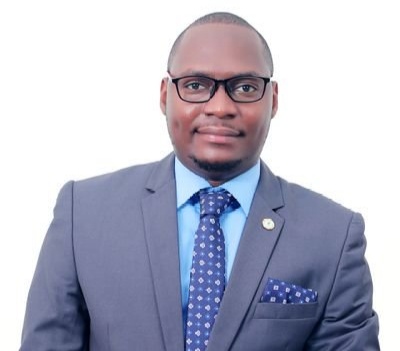In the social contract framework, citizens elect leaders whom they entrust to protect them, run the state for their benefit and govern them in accordance with the set legal rubric and the promises made. When politicians go around making juicy promises, upon being elected, those promises form part of the social contract. The Constitution of Uganda, under Article 17(i) places a duty on the citizen to combat corruption and misuse or wastage of public property. This means, that a citizen should, at all times when they detect or suspect corruption tendencies or wastage of public property should do all things legally acceptable to thwart them.
Citizens in Uganda have taken on various forms of expression and demand such as social media exhibitions, citizen organizing like the black Monday movement, petitions, writing letters, demonstrations among others. These means are acceptable in as far as demanding accountability is concerned. The public institutions and leaders need to put in place mechanisms to ensure that public demands and scrutiny is received and that there are feedback mechanisms as well.
It is injurious to any democracy, to arrest individuals simply for asking questions-this is a drawback as accountability and being accountable is a corner stone for democracy. The reason why the Constitutional Court in Uganda repealed the offence of sedition for being unconstitutional was the fact that it was vague and rooted in the purpose that colonialists did not want to be criticized. The Court in India, while protecting the freedom of expression emphasized that governance is by open discussion of ideas by citizens whether wise or unwise, foolish or dangerous statements must be tolerated in a democracy. The court further emphasized that open criticism of government policies and operations is not a ground for restricting such an important right, it must be tolerable. It therefore follows that any leader who will want to kill for being critiqued and criticized is a colonialist and probably in the wrong place. The moment you are in public arena where tax payer’s money is spent, even for one shilling, you are subject to public scrutiny.
As citizens, it is our duty to demand for accountability by using all lawful means necessary to draw public officers’ attention to issues affecting us. Demanding accountability is our part of the equation, it does not end on the day of election, we should ask questions, even though they seem uncomfortable. Wherever we are, let us use our power to hold leaders at the village, sub county, district and national levels, accountable, for we are entitled to adequate and efficient services.
Do you have a story in your community or an opinion to share with us: Email us at editorial@watchdoguganda.com













